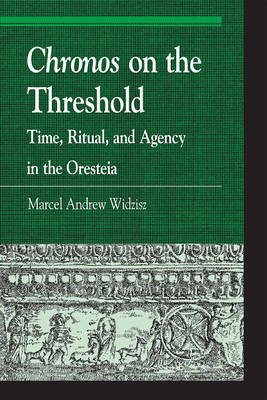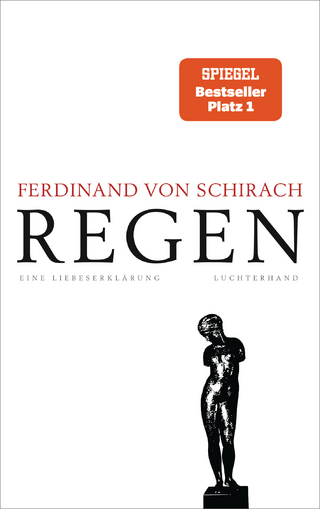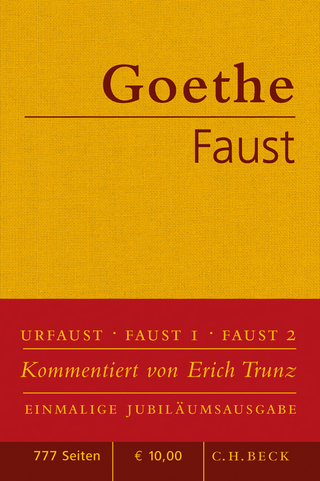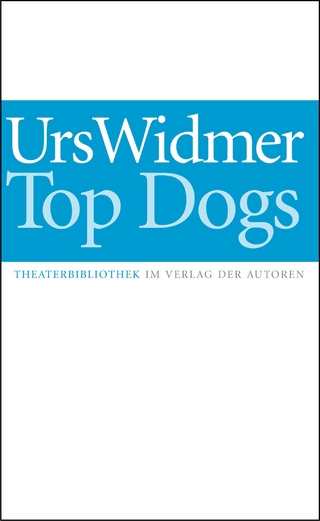
Chronos on the Threshold
Time, Ritual, and Agency in the Oresteia
Seiten
2011
Lexington Books (Verlag)
978-0-7391-7045-8 (ISBN)
Lexington Books (Verlag)
978-0-7391-7045-8 (ISBN)
This book provides new views of longstanding structural questions in the Oresteia, of its repeated language for time, and of its rich ritual constructions. Its wider appeal may well lie in being thoroughly multidisciplinary, in repeatedly finding inspiration in current anthropological work of time, ritual, and agency.
In Chronos on the Threshold: Time, Ritual, and Agency in the Oresteia Marcel Widzisz combines various anthropological, philological, and narratological perspectives in order to consider afresh both the textual details and structural elements of Aeschylus’ Oresteia. Included among the approaches is first a consideration of normative ritual structure in Archaic and Classical Greece and then a demonstration of its regular reconfiguration throughout the many individual scenes and choruses of the trilogy. This framework not only provides a new view of the micro and macro structure of the Oresteia, but also paves the way for an elucidation of the many references to time and its workings, references which, however well attested in the manuscripts, are being more strongly challenged if not altogether removed from recent editions of the Greek text. Time, however, beyond appearing as a subject at these key junctures, pervades the trilogy in a number of subtler ways: in how characters use timing, attempt to control the tempo of on-stage action, and even demonstrate different degrees of temporal perspicuity. The appearance of analepsis and prolepsis, the referencing of past and future (too often presented in previous scholarship in the form of mere cataloguing such instances), is shown to be a dynamic field of contention between opposed agents in a discursive process termed agonistic temporal framing, a practice not only found repeatedly in the Oresteia, but one which can be detected in authors as diverse as Homer and Plato. The manipulation of time and the various constructions of competing temporal horizons allow for a new view of what agency appears as and means in a work such as the Oresteia. The context of the law court in Eumenides brings with it a different type of temporality, specifically suited to resolve conflicting ritual claims, in which temporal framing and individual antagonisms are subsumed into a greater structure, with even wider and more long lasting implications for personal and corporate agency.
In Chronos on the Threshold: Time, Ritual, and Agency in the Oresteia Marcel Widzisz combines various anthropological, philological, and narratological perspectives in order to consider afresh both the textual details and structural elements of Aeschylus’ Oresteia. Included among the approaches is first a consideration of normative ritual structure in Archaic and Classical Greece and then a demonstration of its regular reconfiguration throughout the many individual scenes and choruses of the trilogy. This framework not only provides a new view of the micro and macro structure of the Oresteia, but also paves the way for an elucidation of the many references to time and its workings, references which, however well attested in the manuscripts, are being more strongly challenged if not altogether removed from recent editions of the Greek text. Time, however, beyond appearing as a subject at these key junctures, pervades the trilogy in a number of subtler ways: in how characters use timing, attempt to control the tempo of on-stage action, and even demonstrate different degrees of temporal perspicuity. The appearance of analepsis and prolepsis, the referencing of past and future (too often presented in previous scholarship in the form of mere cataloguing such instances), is shown to be a dynamic field of contention between opposed agents in a discursive process termed agonistic temporal framing, a practice not only found repeatedly in the Oresteia, but one which can be detected in authors as diverse as Homer and Plato. The manipulation of time and the various constructions of competing temporal horizons allow for a new view of what agency appears as and means in a work such as the Oresteia. The context of the law court in Eumenides brings with it a different type of temporality, specifically suited to resolve conflicting ritual claims, in which temporal framing and individual antagonisms are subsumed into a greater structure, with even wider and more long lasting implications for personal and corporate agency.
Marcel Andrew Widzisz has taught at the University of Texas at Austin, Exeter University, the University of Houston, Boston University, Rice University, and St. John’s College in Annapolis.
Preface
Acknowledgments
Chapter 1: Introduction
Chapter 2: Agamemnon
Chapter 3: Choephoroi
Chapter 4: Eumenides
Epilogue
| Erscheint lt. Verlag | 15.12.2011 |
|---|---|
| Reihe/Serie | Greek Studies: Interdisciplinary Approaches |
| Verlagsort | Lanham, MD |
| Sprache | englisch |
| Maße | 162 x 240 mm |
| Gewicht | 522 g |
| Themenwelt | Literatur ► Lyrik / Dramatik ► Dramatik / Theater |
| Geisteswissenschaften ► Sprach- / Literaturwissenschaft ► Anglistik / Amerikanistik | |
| Geisteswissenschaften ► Sprach- / Literaturwissenschaft ► Literaturwissenschaft | |
| ISBN-10 | 0-7391-7045-7 / 0739170457 |
| ISBN-13 | 978-0-7391-7045-8 / 9780739170458 |
| Zustand | Neuware |
| Haben Sie eine Frage zum Produkt? |


